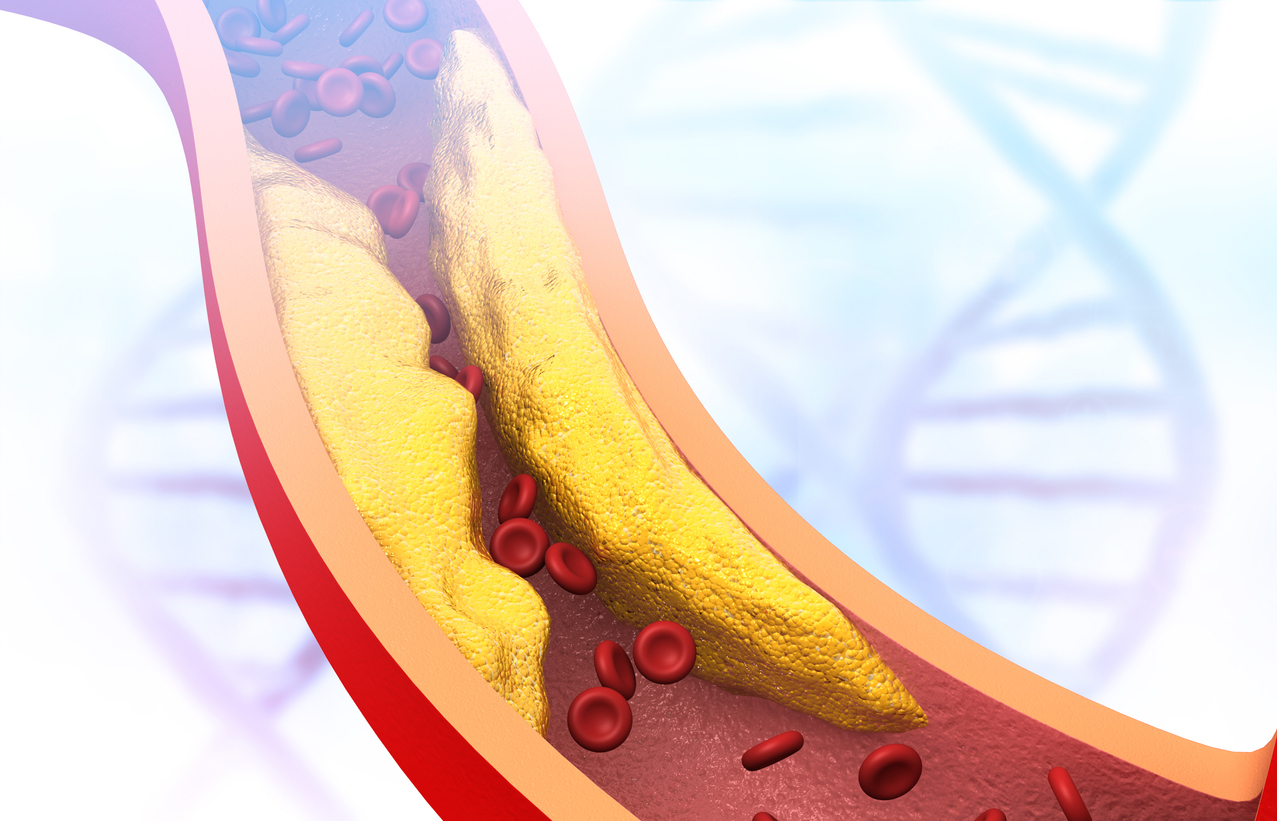NCD Watch
Cholesterol and Ischaemic Stroke Risk
17 October 2023 (Tue)

Eating too much food high in saturated fat or trans fat will increase the amount of cholesterol in the blood. Excess cholesterol in the blood (hypercholesterolaemia) would increase the risk of developing potentially lethal diseases, including ischaemic stroke.
According to the Population Health Survey 2020-22, the overall prevalence of raised blood cholesterol or hypercholesterolaemia among persons aged 15-84 was 51.9%. While hypercholesterolaemia has no signs or symptoms in most cases, the survey observed that up to 70% of persons with raised blood cholesterol or hypercholesterolaemia were unaware of their con-dition but detected by biochemical testing during health examination provided under the survey.
For prevention of hypercholesterolaemia and reduce the risk of ischaemic stroke, members of the public are encouraged to lead a healthy lifestyle that includes eating a balance diet with reducing salt intake and limiting consumption of foods high in saturated fat and trans fat; being physically active and limiting the amount of time spend being sedentary; no smoking; and refrain from alcohol drinking.
For those at higher risk of hypercholesterolaemia (such as older adults aged 50-75), regular monitoring of their lipid profiles would help inform decisions about disease prevention strategies (such as lifestyle modifications). Members of the public can consult doctors about screening for high blood lipids.
Having an optimal blood cholesterol level is important for everyone regardless of their age. While members of the public are encouraged to lead a healthy lifestyle and have regular blood cholesterol checked as recommended, the Department of Health will continue to monitor the health status of local population, organise health promotional campaigns to increase people’s heath literacy in disease prevention, as well as work in close partnership with various stakeholders to foster a health-enhancing environment.
Source: NCD Watch October 2023This link will open in a new window






































